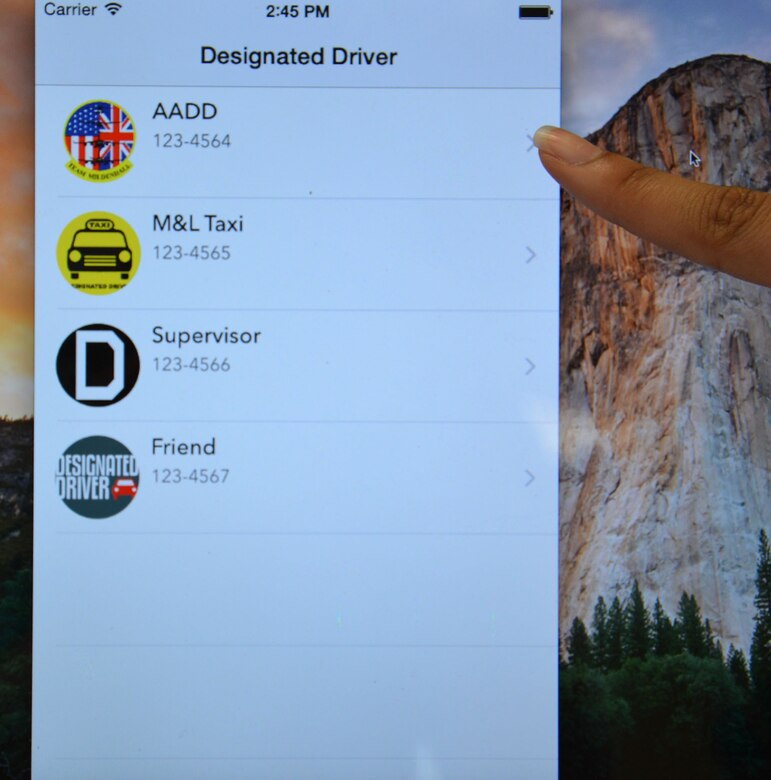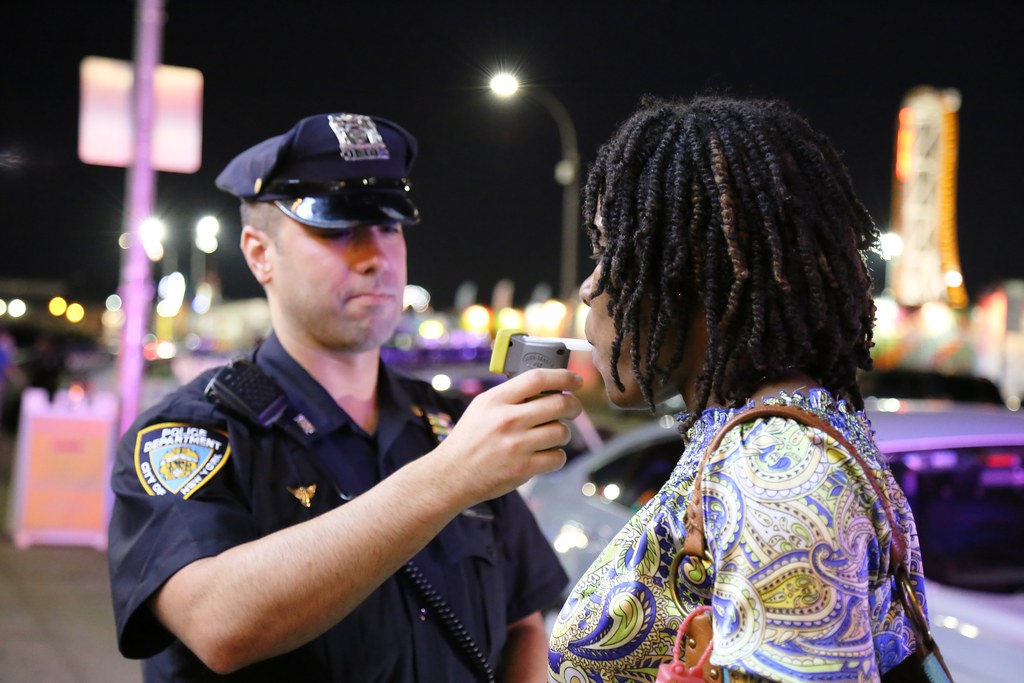Drunk driving and intoxicated driving charges are extremely serious, and the law uses such cases to set an example. The penalties and laws surrounding such charges differ from state to state, as do the possible enhancements that can increase the intensity of the charges.
New DUI Classes Improvement
Prospective improvements depend upon numerous aspects, but the most typical kinds of improvements to intoxicated driving charges include running an automobile with a BAC of 0.15% or higher, drunk driving with a minor as a guest, drunk driving that causes another individual physical injury, and dui that causes the death of another person. Listed below you will discover a short description of the most typical types of drunk driving charges in the United States.
Exacerbated DUI and DUI School Methods
An aggravated DUI is any typical DUI charge, however with enhancements. See improvement examples above. Intensified DUI charges are the exact same thing as Felony DUI charges, which is the term utilized in many states. Additional intensified DUI offenses include DUI in a school zone, operating a school bus under the influence of drugs or alcohol, driving intoxicated without a valid license, having several convictions within a brief time frame, and more.
Drugged Driving (DUID) Results in reclaimucounseling.com DUI Classes and Penalties
Alcohol is not the only compound that can result in a DUI arrest. Operating an automobile while under the impact of Arrange I or Arrange II drugs, whether legal or unlawful, can result in a DUID charge in most states, which stands for "driving under the influence of drugs." An authorities officer can legally jail you for a DUID charge just based upon a sensible suspicion that such drugs remain in your system.

DUI Repurcussions
Driving under the influence of drugs or alcohol is a serious crime in itself, but couple it with a mishap and the charges become worse. For example, in Indiana, DUI-related accidents are identified as Felony DUI charges and come with serious penalties.
DUI Manslaughter
When DUI accidents end with deaths, the charges increase to DUI manslaughter. Although the casualties in these cases are unintended, the charge still comes with very severe penalties in many states. DUI murder is a Level 5 Felony, which is an extremely severe charge.
Felony DUI Outcomes consist of Loss of License and DUI Classes

First-offense DUI charges are usually misdemeanors. However with improvements or previous convictions, DUI charges become a felony very quickly. Such elements consist of multiple convictions, casualties, presence of kids, bodily harm, residential or commercial property damage, and more. With the aid of a hard defense lawyer, felony DUI charges can sometimes be decreased to lower felonies or misdemeanors.
Misdemeanor DUI
A normal DUI charge is a misdemeanor criminal activity, unless there are improvements included, or a person has prior DUI convictions within a certain amount of time (normally 5 to 10 years). Very first time DUI offenses are Class C misdemeanors, but with BAC levels higher than 0.15%, they leap to Class A misdemeanors. With the aid of a lawyer, Level 6 felony DUI's can oftentimes be decreased to DUI misdemeanors.
Residential Or Commercial Property Damage DUI
When a DUI mishap ends with property damages, the charges and fines increase drastically. A person can anticipate longer prison time, harsher sentencing arrangements, and severe fines. And although these are thought about worsened DUIs, they are not constantly charged as felonies. However, if residential or commercial property damages are substantial, the charge is most likely to increase to a charge.
Minor DUI
Most states have a "per se" position on underage drinking and driving. This means there is a zero-tolerance guideline for minor drinking. Any person under the age of 21, the national legal drinking age, is forbidden to consume or buy alcohols. Minor drinking is a criminal offense in itself but combined with driving and DUI charges, underage drinkers face serious penalties. Standard penalties consist of license suspension, prison time, probation, hefty fines, social work, and diversion programs.












.png)








